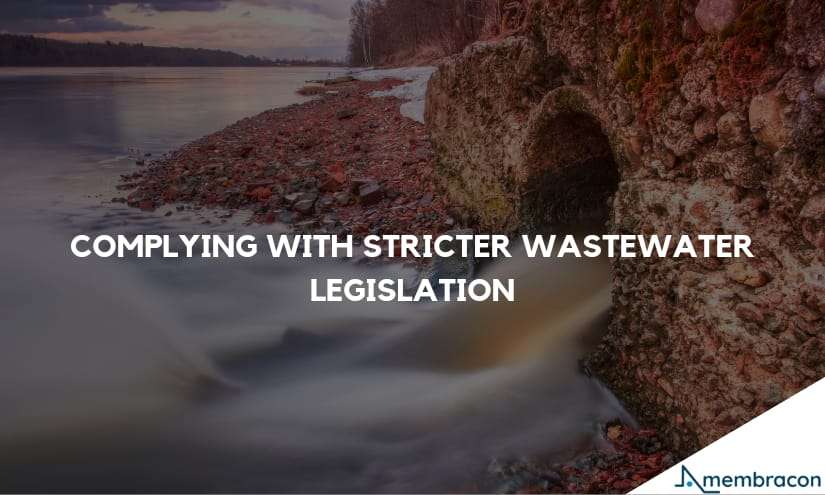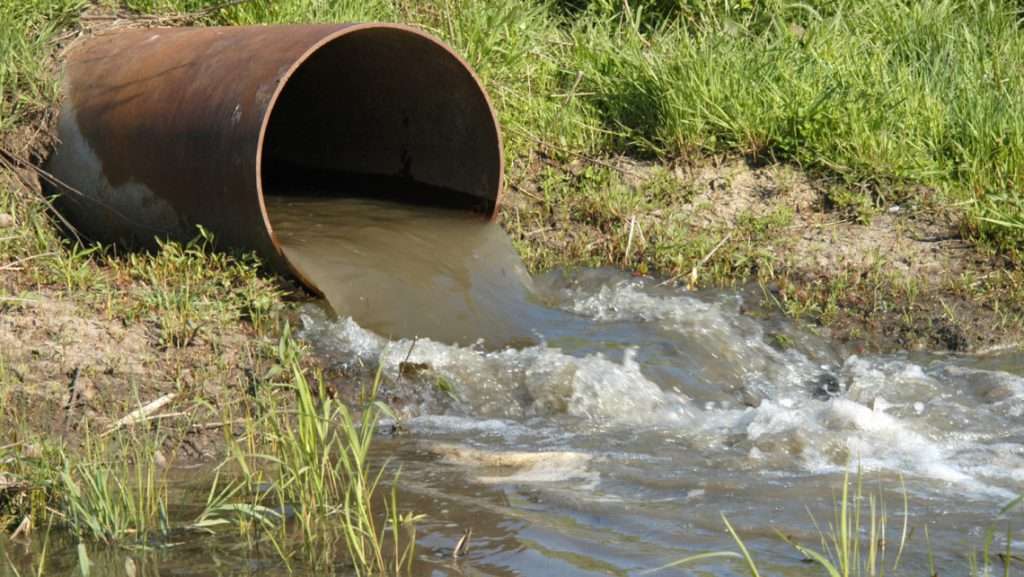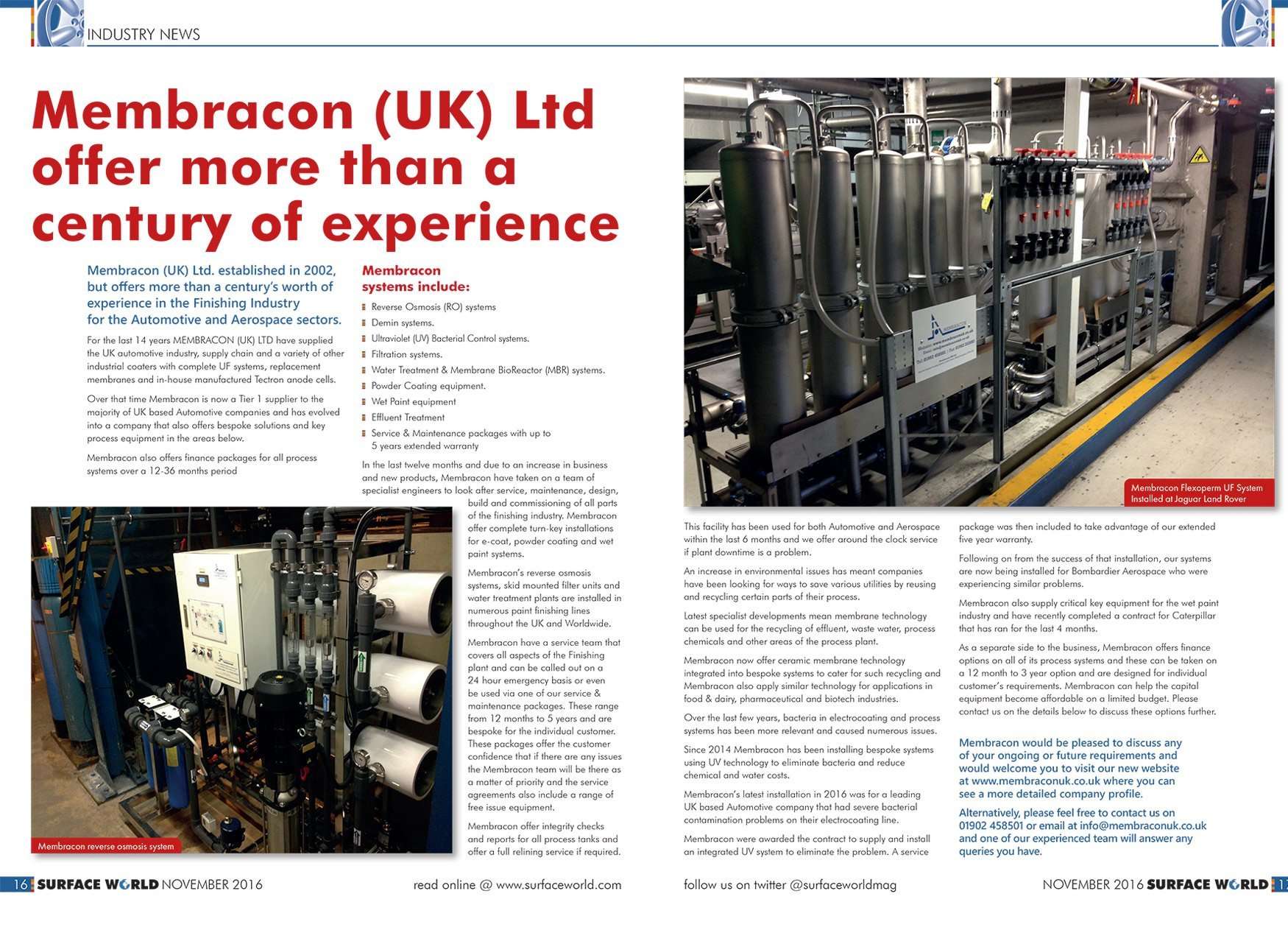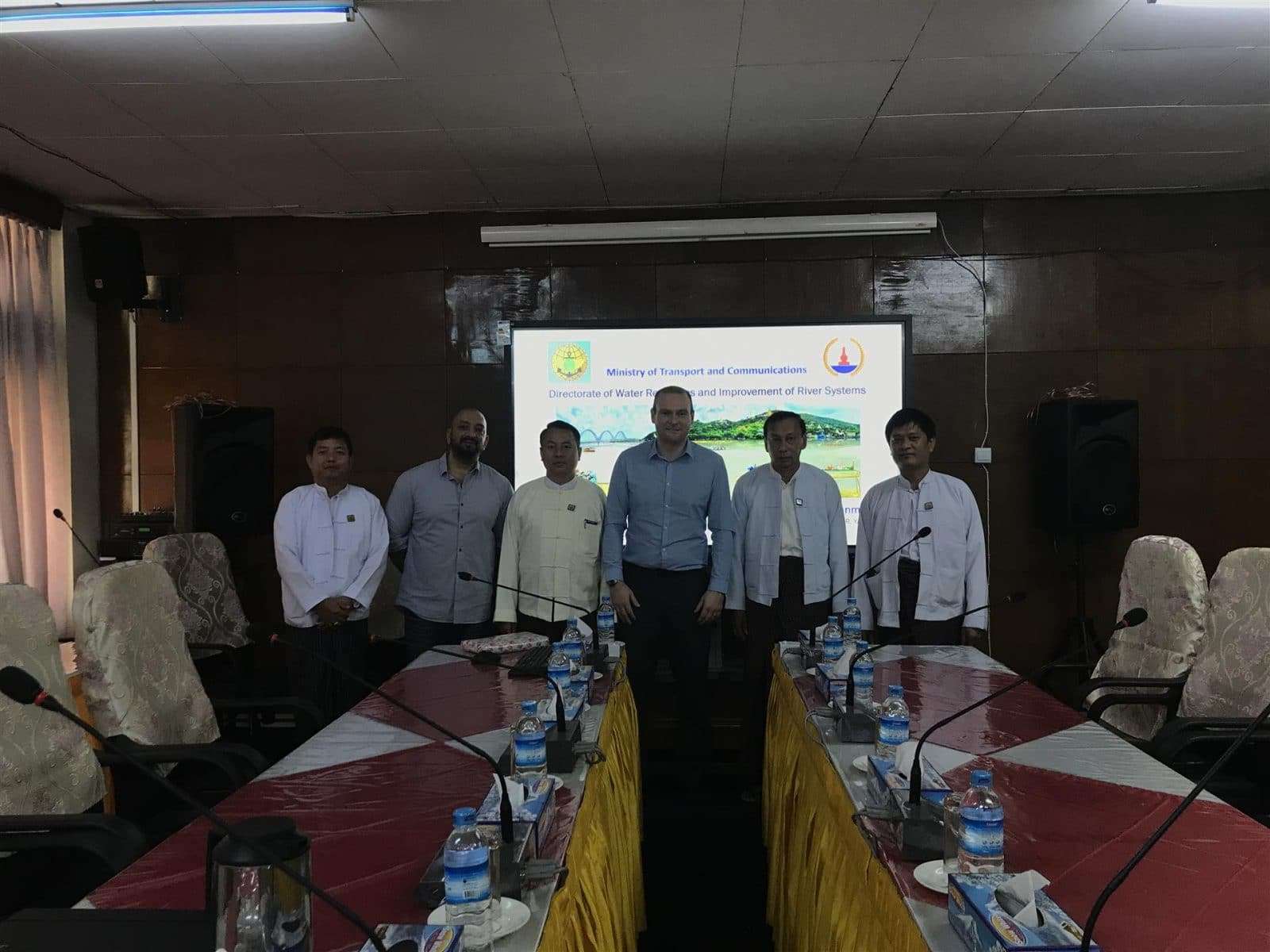
Complying with Stricter Wastewater Legislation
Wastewater treatment Infrastructure has come under high pressure due to the increase in population and the glooming climate change. The countries will now have to adopt a more ethical and sustainable approach to wastewater treatment as the challenges are set to continue.
In the coming years, the wastewater industry will face even stricter controls and regulations. Moreover, if nations continue with their inaction in meeting the directives, more fines will follow and the cost of making the upgrades will rise significantly.
Adhering to new regulations:
The legal requirements for treating wastewater in Europe were laid down in May 1991 in the Council Directive 91/271/EEC concerning urban wastewater treatment.
The main objective of the directive is to protect the environment from the adverse effects caused by urban wastewater discharges. It also lays down-regulation regarding the collection, treatment and discharge of domestic wastewater and the wastewater from specific industries.
Non-compliance with these directives leads to court action and the imposition of hefty fines.
According to the latest directive, the various requirements are:
- The collection and treatment of wastewater in all agglomerations of a population less than 2,000.
- For agglomerations with a population of more than 2,000, secondary treatment of all discharges is mandatory.
- Agglomerations with a population exceeding 10,000 require more advanced treatments.
- Monitoring of the performance of treatment plants.
- A requirement for pre-authorisation of all discharges of urban wastewater from the food-processing industry.
- Controls of sewage sludge disposal and reuse.

The following industries are included in the directive:
- Milk-processing Industry
- Manufacturing of fruit and vegetable products
- Manufacturing and bottling of soft drinks
- Potato-processing
- Meat Industry
- Breweries
- Production of alcohol and alcoholic beverages
- Manufacturing of animal feed from plant products
- Malt-houses
- Fish-processing industry
A fact sheet outlining the infringements is regularly updated by the European Commission. Recently, it referred Cyprus to the Court of Justice. Cyprus has failed to provide a collecting system for several agglomerations. It also didn’t ensure that the urban waste water entering collecting systems is subjected to appropriate treatment before discharge. Full compliance is not expected by the Cypriot authorities before 2027.
In another case, Commission asked for financial sanctions against Greece. In April Greece violated EU law by failing to protect its waters against pollution caused by nitrates from agricultural sources. Even now, the problem is not fully resolved. The Commission is calling on the Court of Justice of the European Union to impose financial sanctions in the form of a lump sum of € 2,639.25 per day until full compliance is attained.
The European Commission decided to refer Italy to the Court of Justice of the EU over failure to treat urban wastewater and causing water pollution. The Commission considers that 620 agglomerations in 16 Regions are in breach of EU rules on collection and the treatment of urban wastewater.
Improper wastewater treatment not only leads to water pollution but also poses serious risks to human health. For most industries, it has become important to invest in water treatment services and upgrade their infrastructure.

The wastewater systems are critical components to our society and public health. Moreover, aging and outdated systems have fallen into a state of disrepair over the years due to lack of maintenance. They require regular upgrades and expanded capacity. End-of-life and repairs become too costly and this leads to less effective treatment or infrastructure failures such as leakage causes unnecessary pollution.
Membracon UK can help you increase biological capacity and improve the effluent quality of your industrial wastewater.
To discover how we can help you to improve your manufacturing processes, and improve efficiency, contact us now!












